The Council of Europe promotes human rights through international conventions, such as the Convention on Preventing and Combating Violence against Women and Domestic Violence and the Convention on Cybercrime. It monitors member states' progress in these areas and makes recommendations through independent expert monitoring bodies.
Where does ELSA send delegates to?
Human Rights Partner
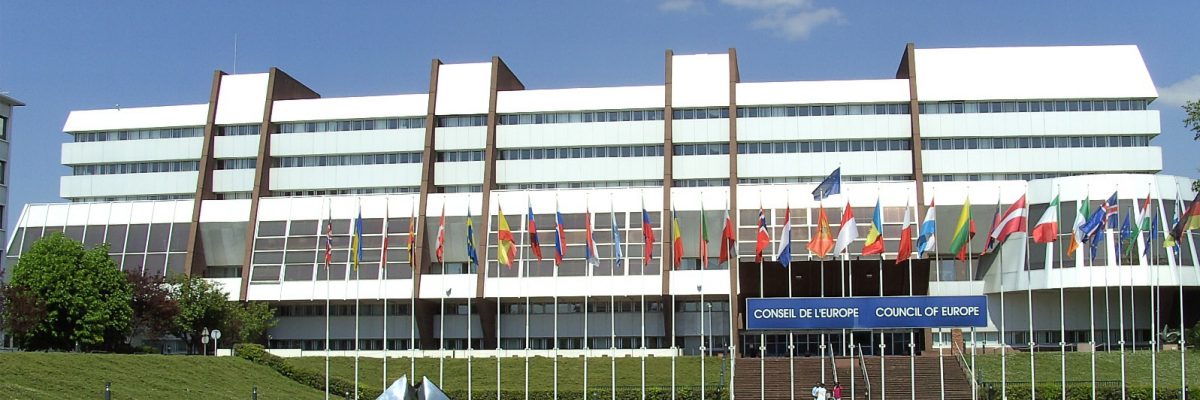
United Nations
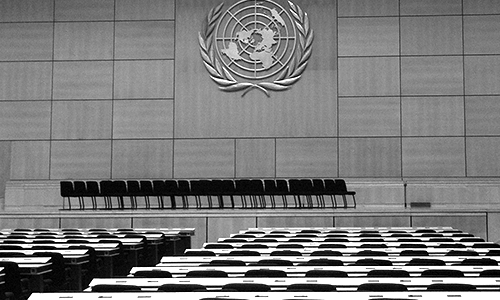
UN ECOSOC engages a wide variety of stakeholders – policymakers, parliamentarians, academics, major groups, foundations, business sector representatives and more than 3000 registered non-governmental organisations – in a productive dialogue on sustainable development through a programmatic cycle of meetings. The work of the Council is guided by an issue-based approach, and there is an annual theme that accompanies each programmatic cycle, ensuring a sustained and focused discussion among multiple stakeholders.
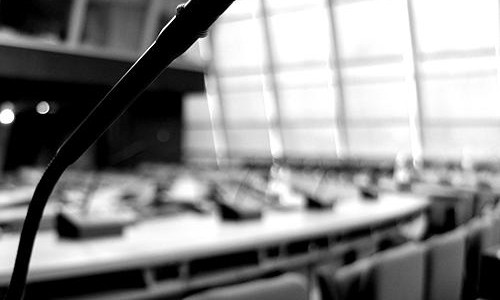
UNESCO is based on a premise that peace must be established on the basis of humanity’s moral and intellectual solidarity. Therefore, it strives to build networks among nations that enable this solidarity by mobilising for education, building intercultural understanding, pursuing scientific cooperation and protecting freedom of expression.
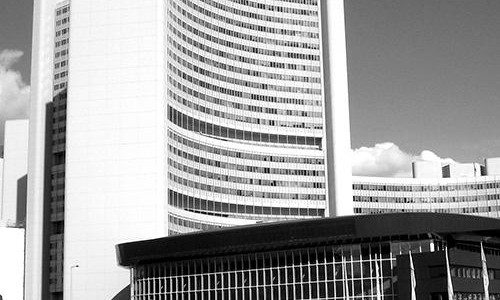
Its jurisdiction is global and involves many regional offices. It has several focus areas, which covers organised crime and trafficking corruption, crime prevention, criminal justice reform, drug abuse prevention and health and terrorism prevention.
and other United Nations' bodies

Its main task is the modernisation and harmonisation of rules on international business. Trade means faster growth, higher living standards and new opportunities through commerce. In order to increase these opportunities worldwide, UNCITRAL is formulating modern, fair, and harmonised rules on commercial transactions.
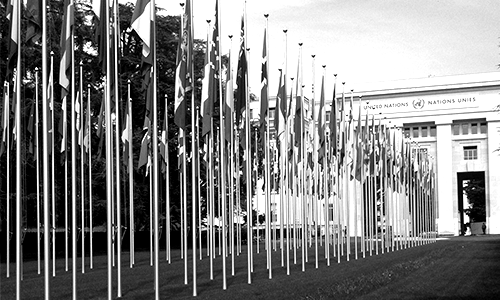
As the principal United Nations office mandated to promote and protect human rights for all, OHCHR leads global human rights efforts and speaks out objectively in the face of human rights violations worldwide. The OHCHR provides a forum for identifying, highlighting and developing responses to today’s human rights challenges and acts as the principal focal point of human rights research, education, public information and advocacy activities in the United Nations system.

Since its foundation in 1967, WIPO's fields of activities have grown considerably. This reflects the steadily increasing importance of IPRs for knowledge-based societies as well as for sustainable economic development in those countries that decide to transition towards such.
Other Organisations

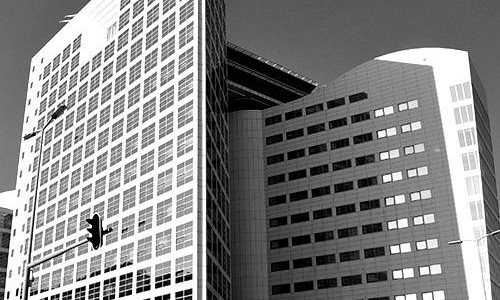

The organisation works with governments to understand what drives economic, social and environmental change. It measures productivity and global flows of trade and investment and analyses and compares data to predict future trends. The OECD also sets international standards on a wide range of things, from agriculture and tax to the safety of chemicals.

